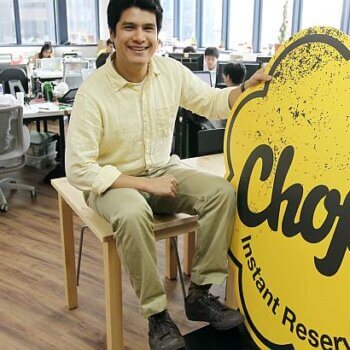Key Takeaways:
- With no way to buy stuff, you might need to produce everything you wear, eat or use unless you could figure out how to swap some of the things you made for other items.
- Specializing and bartering Economists believe that using money makes it a lot easier for everyone to specialize, focusing their work on a specific activity.
- And just imagine what a hassle it would be to haul several of the chairs you’ve made to the shopping mall in the hopes of cutting great deals through barter with the vendors you’d find there.
Imagine a world without money. With no way to buy stuff, you might need to produce everything you wear, eat or use unless you could figure out how to swap some of the things you made for other items.
Just making a chicken sandwich would require spending months raising hens and growing your own lettuce and tomatoes. You’d need to collect your own seawater to make salt.
You wouldn’t just have to bake the bread for your sandwich. You’d need to grow the wheat, mill it into flour and figure out how to make the dough rise without store-bought yeast or baking powder.
And you might have to build your own oven, perhaps fueled by wood you chopped yourself after felling some trees. If that oven broke, you’d probably need to fix it or build another one yourself.
Even if you share the burden of getting all this done with members of your family, it would be impossible for a single family to internally produce all the goods and provide all the services everyone is used to enjoying.
To maintain anything like today’s standard of living, your family would need to include a farmer, a doctor and a teacher. And that’s just a start.This account of making a sandwich ‘completely from scratch’ in six months required a lot of machines built by others.
Specializing and bartering
Economists like me believe that using money makes it a lot easier for everyone to specialize, focusing their work on a specific activity.
A farmer is better at farming than you are, and a baker is probably better at baking. When they earn money, they can pay others for the things they don’t produce or do.
As economists have known since David Ricardo’s work in the 19th century, there are gains for everyone from exchanging goods and services – even when you end up paying someone who is less skilled than you. By making these exchanges easy to do, money makes it possible to consume more.
People have traded goods and services with one kind of money or another, whether it was trinkets, shells, coins and paper cash, for tens of thousands of years.
People have always obtained things without money too, usually through barter. It involves swapping something, such as a cookie or a massage, for something else – like a pencil or a haircut.
Bartering sounds convenient. It can be fun if you enjoy haggling. But it’s hard to pull off.
Let’s say you’re a carpenter who makes chairs and you want an apple. You would probably find it impossible to buy one because a chair would be so much more valuable than that single piece of fruit. And just imagine what a hassle it would be to haul several of the chairs you’ve made to the shopping mall in the hopes of cutting great deals through barter with the vendors you’d find there.
Paper money is far easier to carry. You might be able sell a chair for, say, $50. You could take that $50 bill to a supermarket, buy two pounds of apples for $5 and keep the $45 in change to spend on other stuff later. Another advantage money has over bartering is that you can use it more easily to store your wealth and spend it later. Stashing six $50 bills takes up less room than storing six unsold chairs.
Nowadays, of course, many people pay for things without cash or coins. Instead, they use credit cards or make online purchases. Others simply wave a smartwatch at a designated device. Others use bitcoins and other cryptocurrencies. But all of these are just different forms of money that don’t require paper.
No matter what form it takes, money ultimately helps make the trading of goods and services go more smoothly for everyone involved.





























